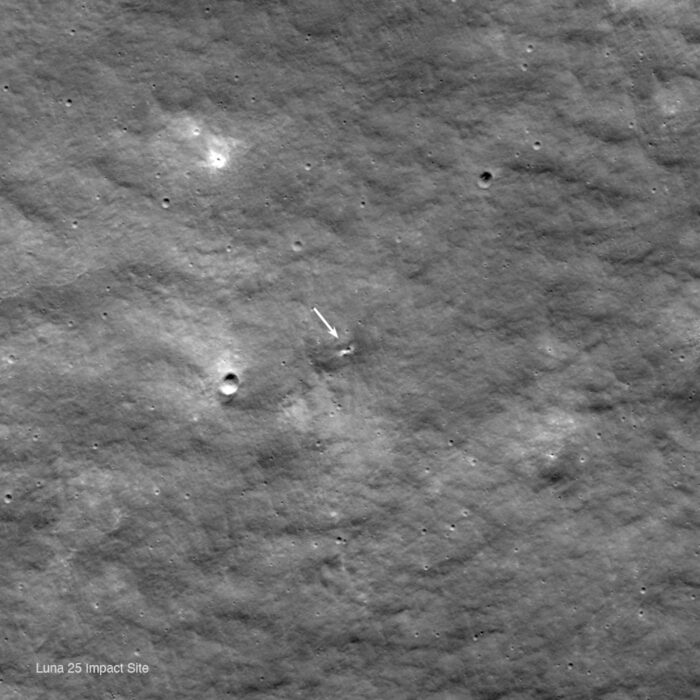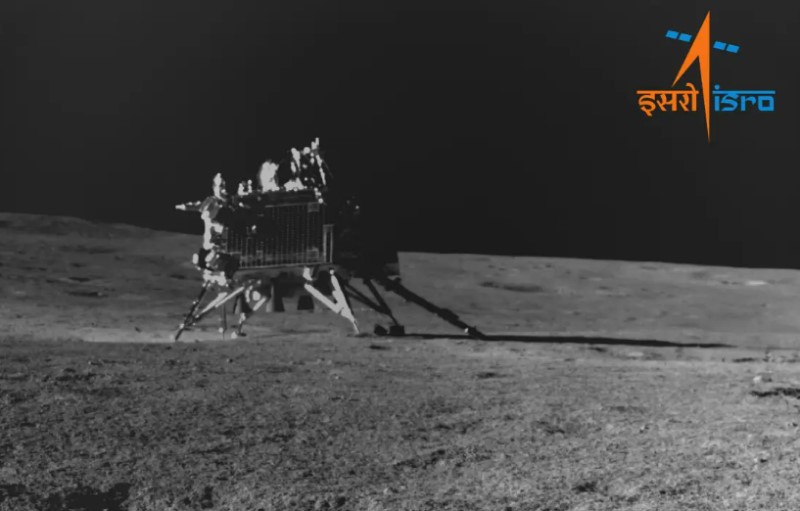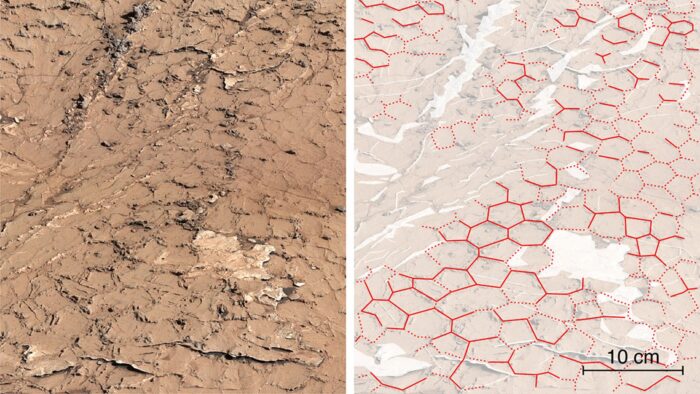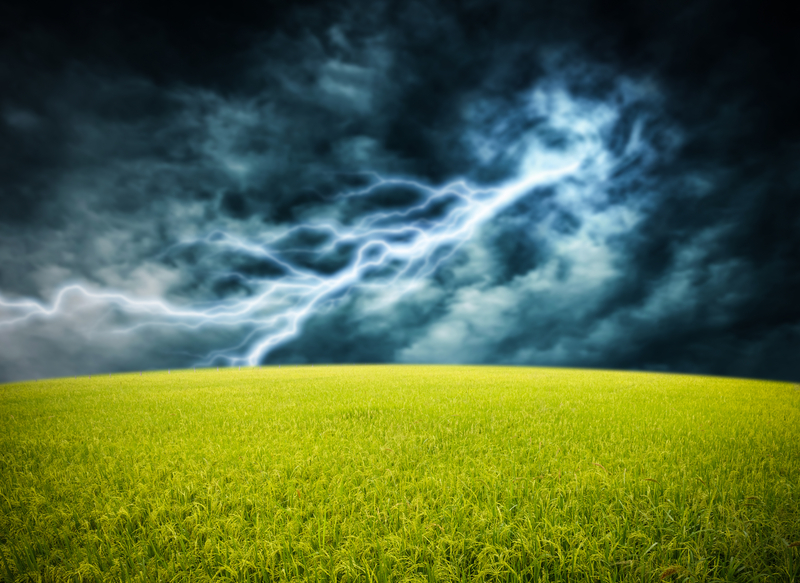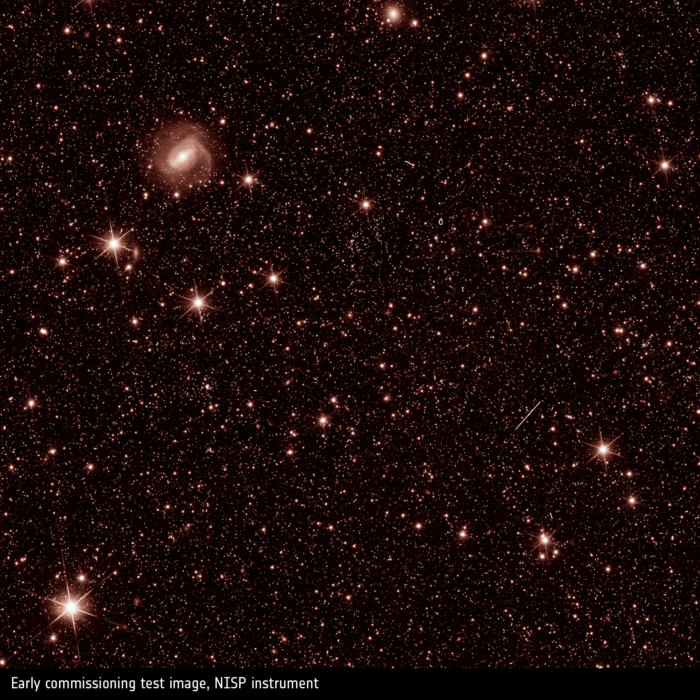A total lunar eclipse is happening overnight between Sunday and Monday, and it is going to be a howlingly great event. A lunar eclipse is when the Sun's rays that usually give the Moon it's shine are blocked by the shadow of the Earth (hey, that's us!). During a partial eclipse, only part of the Moon is blocked. But during a total eclipse—as is happening this weekend—the shadow completely covers the Moon for a period.
Total lunar eclipses happen irregularly. There were actually two of them last year! But not only will this be the only total lunar eclipse of 2019, we won't get another one until May 2021.
Fortunate timing
(Getty Embed)
One of the tricky things about eclipses is, you can't always guarantee that you'll be living in the best spot to view it. Case in point, last summer's lunar eclipse had the longest total phase (time the Moon was completely shadowed) of any eclipse this century. But if you lived anywhere in Canada or the United States, that didn't matter. You were never going to see it! (The best it got was in Newfoundland, where the very beginning of the event was visible for an hour or so before sunrise.)
This time, though, the positioning is perfect, from coast to coast to coast. Whether you live in St. John's or Vancouver, Whitehorse or Winnipeg, you will be able to look up in the sky and see the entire eclipse from start to finish. (Provided that a) there are no clouds, and b) you don't mind being a little sleepy-eyed during school the next day ... (tell your teacher you're tired because of science!)
Just call me, Super Blood Wolf Moon
Do wolves know this moon is named after them? Does that make them excited? (Getty Embed)
To top it all off, this moon has a seriously cool name: super blood wolf moon. To break it down ...
"Super" because it is a full moon that is happening at the point when the Moon is closest to Earth in its orbit. This makes it appear 14 percent larger than usual!
"Blood" because while the Earth blocks out all direct solar rays, the quickest-traveling red beams in the light spectrum manage to curve around the Earth and gently turn the Moon an orange-red or 'blood' colour.
And "wolf" because a full moon in January is just known as the wolf moon. Because wolves like to hunt? Uh, in January? (Wolves hunt all year round, but who really cares—it's an awesome name!)
Check out the viewing times below and get that hot chocolate brewing!
Get in the zone
Here are the times for each zone, starting the east (Newfoundland) and ending in the west (Vancouver). It shows when the eclipse starts happening, the time when the Moon is fully covered (or 'blood') and when everything ends.
NST: Begins 12:03am Total Starts 1:11am Total Ends 2:13am Ends 3:20am
AST: Begins 11:33pm Total Starts 12:41am Total Ends 1:43am Ends 2:50am
EST: Begins 10:33pm Total Starts 11:41pm Total Ends 12:43am Ends 1:50am
CST: Begins 9:33pm Total Starts 10:41pm Total Ends 11:43pm Ends 12:50am
MST: Begins 8:33pm Total Starts 9:41pm Total Ends 10:43pm Ends 11:50pm
PST: Begins 7:33pm Total Starts 8:41pm Total Ends 9:43pm Ends 10:50pm
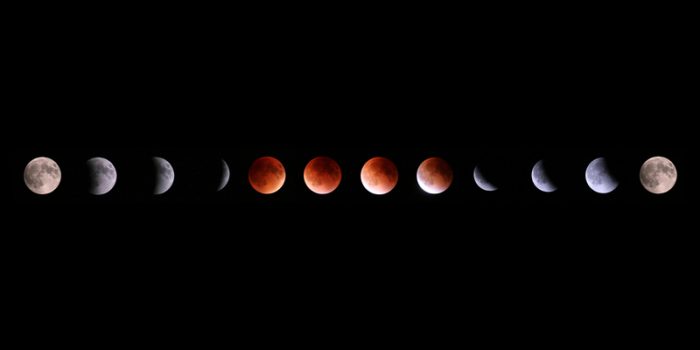 If you're a Canadian fan of the Moon, this Sunday couldn't get happening better. (© Kurt Adams - Dreamstime.com)
If you're a Canadian fan of the Moon, this Sunday couldn't get happening better. (© Kurt Adams - Dreamstime.com)

